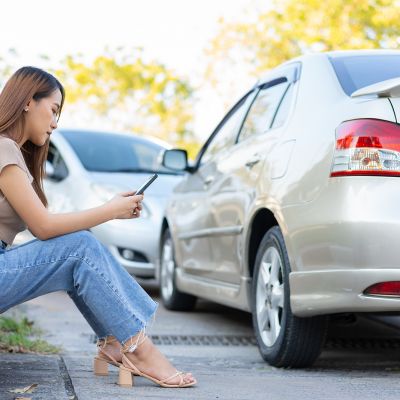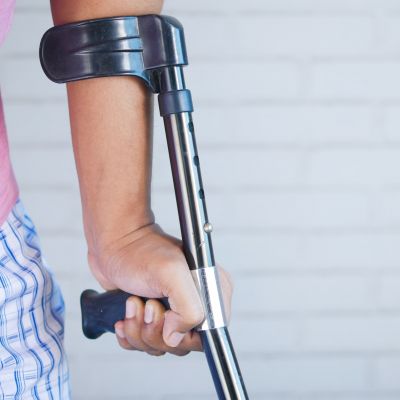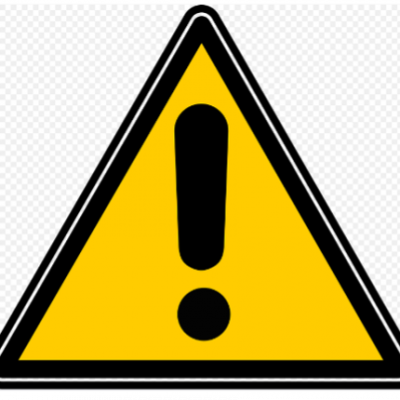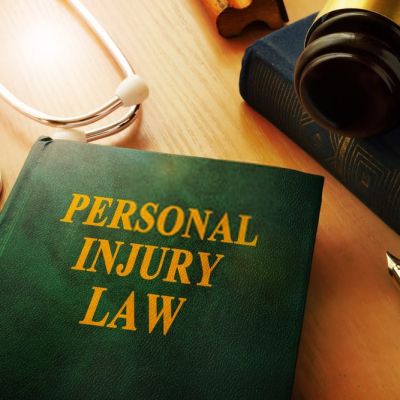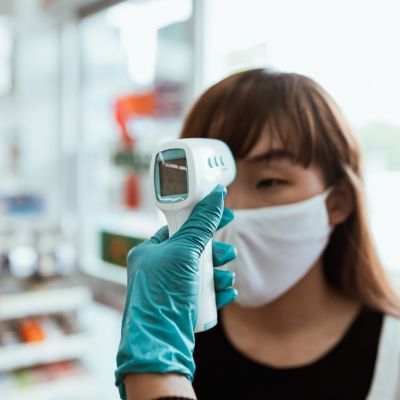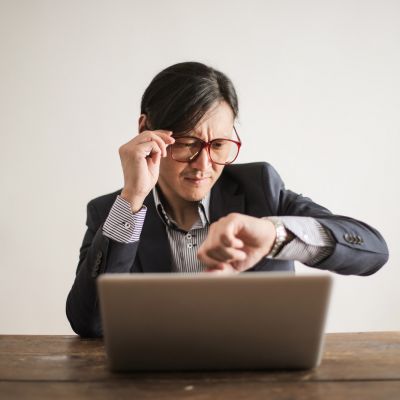The immediate aftermath of a car accident is a bewildering time for anyone. You’re dealing with a lot of emotions…
The decision to talk to a Columbus personal injury attorney is never one made lightly. After an accident or injury,…
On Friday, June 3, 2022, a Ross County jury awarded Barkan Meizlish DeRose Cox client John R. Gilliland the right…
How Does Product Liability Work in Ohio? Injuries and accidents happen all the time. Injuries caused by a defective product…
Paraquat linked to increased rates of Parkinson’s disease Paraquat dichloride (a.k.a. “paraquat”) is the most common brand of herbicide in…
Stop the medical errors, and you stop the lawsuits Newspaper March 3, 2012 | Columbus Dispatch, The (OH) Page: 9A…
Updates on Temperature Checks and the FLSA In mid-2020, the team at Barkan Meizlish DeRose Cox, LLP reported on the…
Uber Eats and the Pandemic Economy Armin Samii, a computer programmer who has been working part-time for Uber Eats, claims…
New FLSA Rules Rolling Out This Summer Recently, the U.S. Department of Labor (DOL) released two new rules relating to…
LAYOFFS AND FURLOUGHS DUE TO COVID-19 IN OHIO: WHAT ALL EMPLOYEES NEED TO KNOW. Employers across Ohio are closing their…

What Does Onset Date Mean? Simply put, an onset date is a date that you initially sustained an injury or…
The World and Your Private Images are at Your Fingertips…and Everyone Else’s In today’s technology focused society, almost everyone carries…
